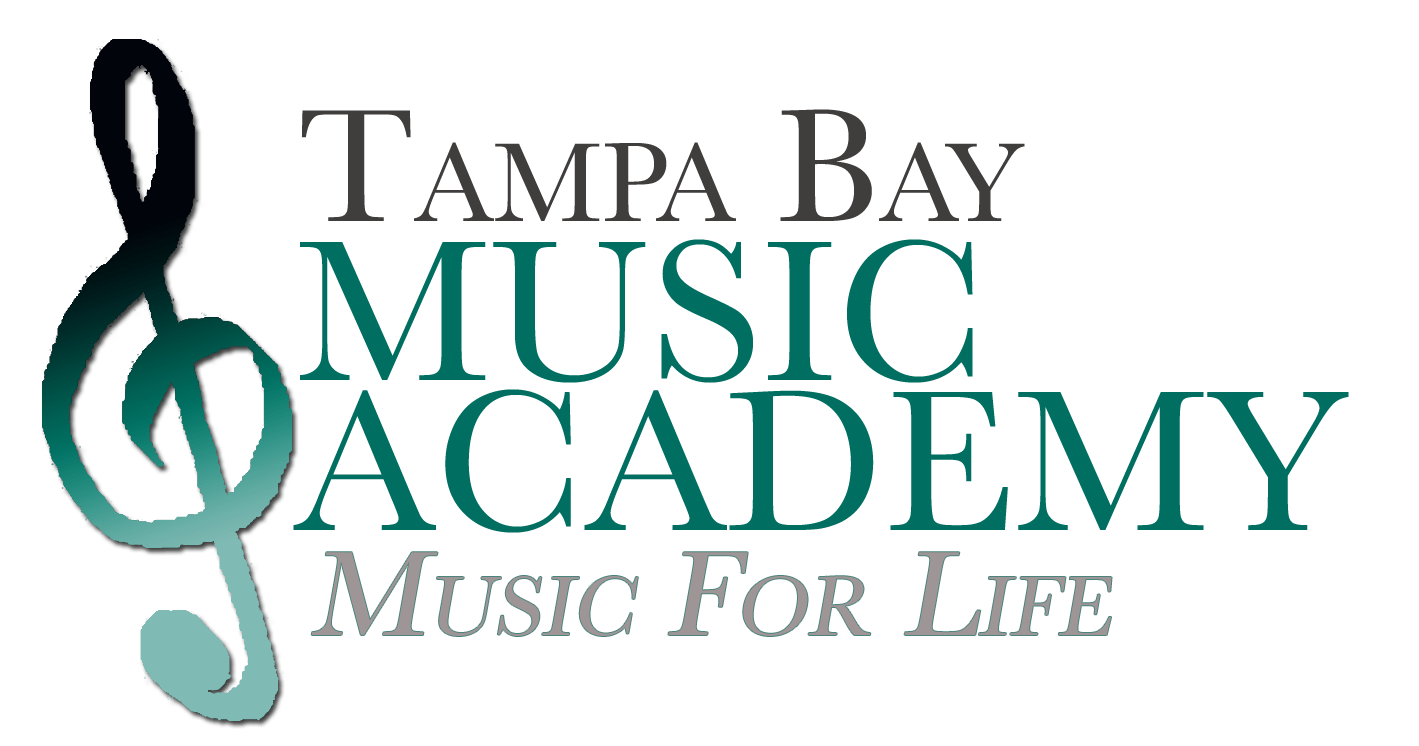
As a budding musician, you already know that reaching your goals requires a quality instrument to practice on, a positive mindset, and a commitment to hard work. But beyond the obvious equipment, there are several things – some of them intangible – that can make a big impact on your progress. Here’s our list for success:
A practice log is absolutely essential to your success! Keeping track of what you’ve been working on, what your next goal is, and what you need to practice to get there will help you avoid idle, ineffective practice sessions. For TakeLessons students, your teacher will complete a journal entry after each lesson, which can be viewed in your online account. Some teachers may encourage you to keep a written journal, as well. Either way, your journal is an invaluable tool for staying on track at all times.
2. A great teacher.
No matter how much natural talent you think you’re born with, every successful musician has a great teacher behind them at some point. With a trained ear and professional experience, a great teacher will be able to help you focus on your goals, recognize bad habits you might be overlooking and best of all, will keep you motivated and having fun!
3. Sheet music (and an understanding of how to read it).
Sheet music or guitar tabs are a given, but it’s the latter part that is a controversial topic for some musicians. Is learning how to read music really necessary?
We say yes. With an understanding of music theory and how chords are created, your skills as a musician will improve drastically. You’ll be able to improvise easier, improve your sight reading and ear training abilities, and ultimately increase your options as a professional musician (imagine composing your own tune and having a large orchestra perform it!).
(Having trouble getting the sheet music you need? Here are our favorite resources for finding sheet music online.)
4. A metronome.
Practicing with a metronome – albeit a bit monotonous – will help you a ton as you are learning difficult time signatures, mastering tough passages in your music, and learning to play faster and more efficiently. Dedicate a portion of your practice time to the metronome, and you may find yourself hitting the notes with much better accuracy. Using a metronome is especially important for learning jazz styles and other syncopated rhythms.
5. Recording device.
Recording and listening to yourself is helpful for all musicians, from brass players to singers. Similar to the role of a teacher, listening from a third person point of view can help you determine areas that need more practice and other subtle nuances. Note: This doesn’t mean you need to run out and buy expensive recording equipment; many mobile phone apps and computer programs, such as Garage Band, have recording and playback abilities.
6. Inspiration.
Alright, so this one may seem like a bit of a stretch, but it is something all great musicians needs to have. Without inspiration, your practice sessions will become dull, and your motivation may decline. But the best part? Inspiration can come from anywhere. So listen to music whenever you can, and listen to every genre. Keeping your creativity intact can be especially difficult if music is a side hobby, so make sure you continue stimulating that creative side at every opportunity.
The previous excerpt was posted here with permission from www.takelessons.com. We have re-posted it here for our Tampa Bay Music Academy readership. To read it in the original context, click here. Visit our website home for information on finding a music teacher who offers private piano lessons, guitar lessons, saxophone lessons, voice lessons, or music lessons in any other instrument proficiency category.
